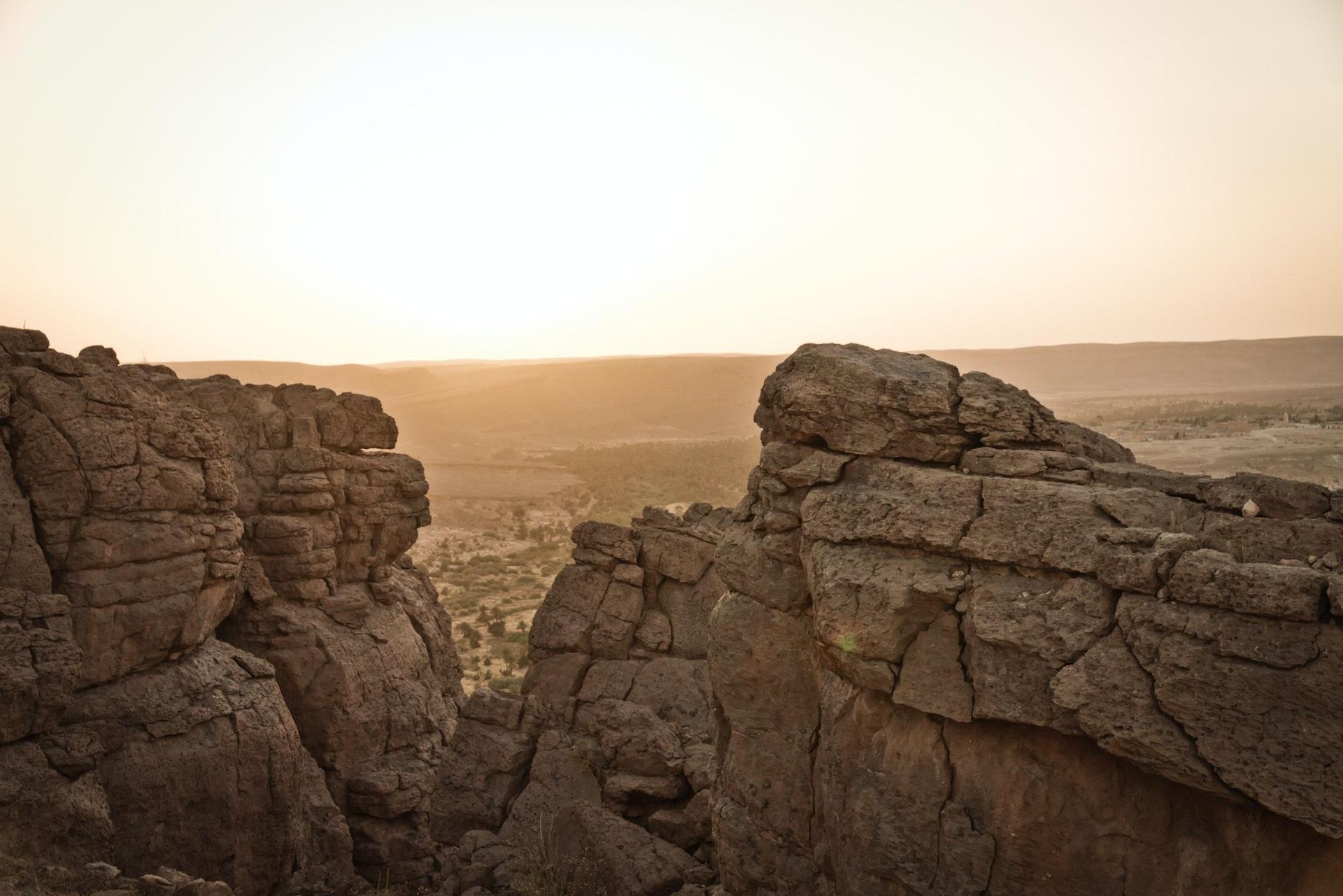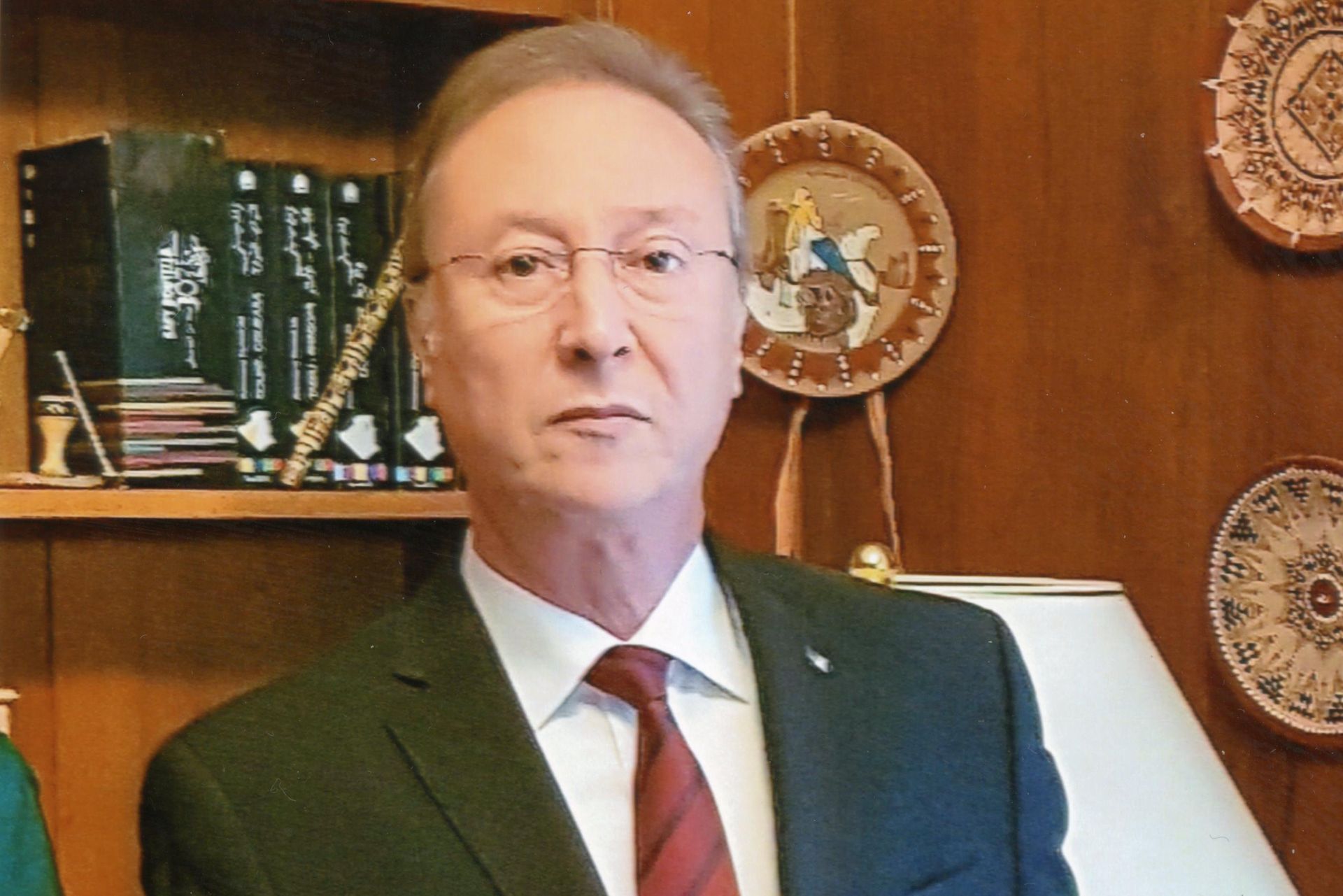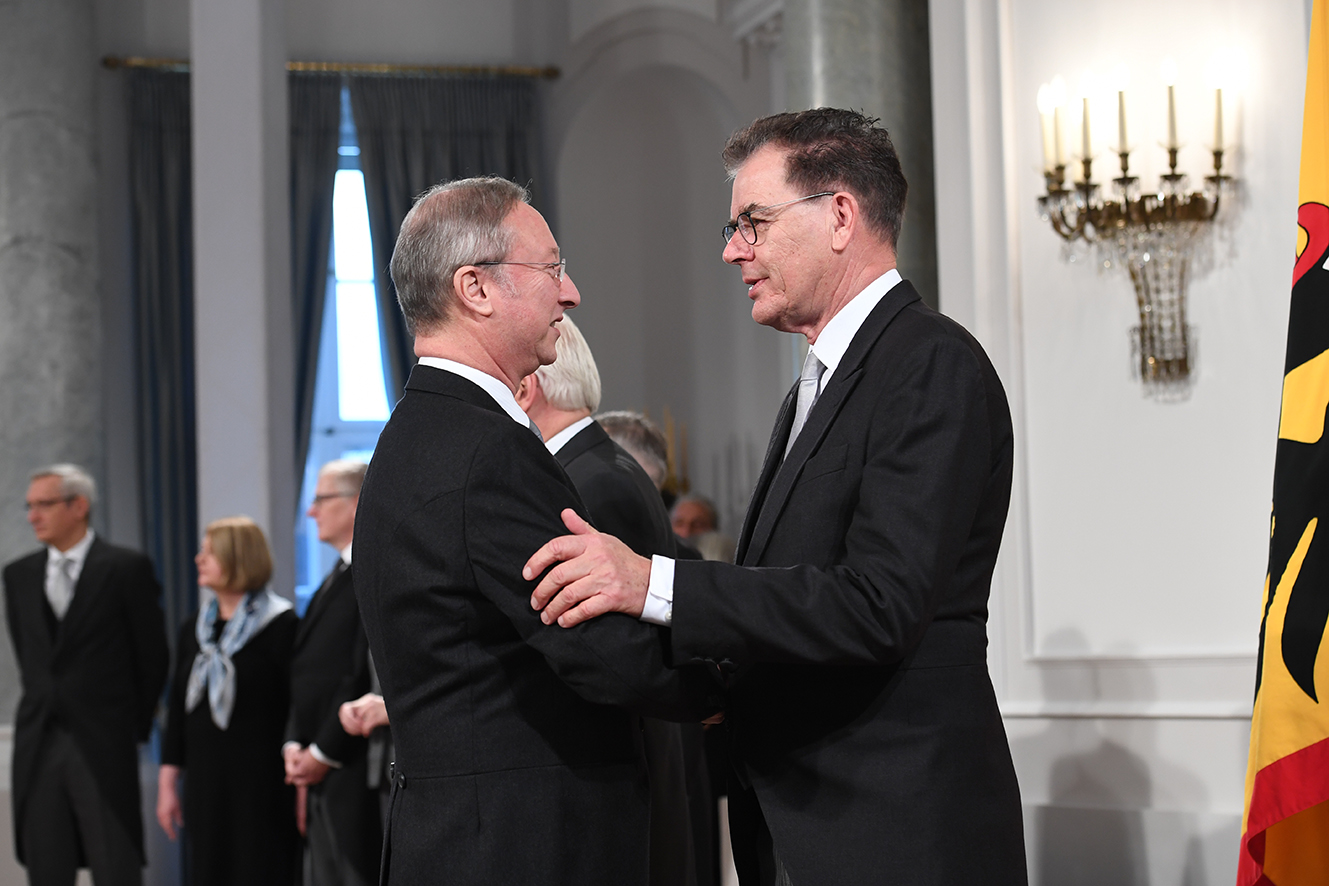"We are not lagging behind in the development of renewable energies, we are striving to develop a local industrial base of renewable energy for the benefit of the country," said former Algerian Energy Minister Mustapha Guitouni in April 2018. Excellency, what has happened in Algeria since then?

In Algeria, renewable energies are experiencing a real dynamic, which is evident not only in the construction of infrastructures for electricity generation, but also in the production of systems and components for solar energy. Many public and private companies have invested in this niche and have created an industry in this field that is not yet developed.
The new model of economic growth introduced by President Abdelmadjid Tebboune favors investment in high value-added sectors such as renewable energy, which offers enormous opportunities for domestic and foreign investors.
It should be noted that Algeria has launched the Algerian Renewable Energy Development and Energy Efficiency Programme with the goal of achieving 22,000 megawatts (MW) of electricity production by 2030 and covering 27 percent of its electricity consumption from renewable energy sources. This is a national priority that is subject to regular monitoring and updating.
It should also be noted that in Algeria's energy mix, solar energy is increasingly privileged, both for the industrial sector and for domestic use. In remote areas that do not yet have access to electricity, urgent action is being taken to install solar panels, despite the fact that the national electricity supply rate was 98 per cent in 2018.

As of today, 22 power plants have been put into operation, including 21 photovoltaic plants and one wind power plant with a total capacity of 354 MW. Two projects launched in 2018 are expected to start producing 200 MW of photovoltaic electricity shortly, while the oil company Sonatrach is expected to produce 80 percent of the demand of its oil sites, i.e. 1,300 MW, towards the end of the current year. Sonatrach has been in partnership with the company Sonelgaz since April 2020 for the production of 4,000 MW of electricity from renewable energies by 2024.
The capacities actually installed between 2011 and 2020 amount to about 2000 MW, i.e. almost nine per cent of the 22,000 MW planned for 2030. In the immediate future, seven solar power plants are to be built in the southern regions of the country. This will be carried out exclusively with locally manufactured plants, which opens up a large market gap for subcontracting.
In May 2020, a "megaproject" for photovoltaic solar power plants with a total capacity of 4,000 MW by 2024 was also launched at an estimated cost of 3.6 billion dollars.
What potential for renewable energy is there in Algeria today?
Due to its geographical location and the fact that the Sahara covers two-thirds of Algeria's territory, solar energy is the most important renewable energy source, to which other sources such as wind power, biomass, geothermal and hydroelectric power are added.
The average duration of sunshine over almost the entire territory varies between 2,600 and 3,500 hours per year. The energy produced annually is between 1,700 and 2,600 kilowatt hours.
As for geothermal energy, there are currently more than 200 hot springs. The hydraulic potential is represented by more than 50 operating dams. This natural potential is supported by highly developed infrastructures, especially in transportation, and by a large skilled workforce, as well as by a national and regional market that allows for rapid profitable investments.
What do you hope for from the energy partnership with Germany?
Germany is a historic partner in the industrialisation of Algeria. Part of my country's industrial base has been developed with German partners, many of whom are still active on the Algerian market. So there is a good mutual knowledge and a capital of trust that enables new cooperation, especially in the fields of renewable energies and energy efficiency.
There is already a bilateral government mechanism in place that is responsible for the "Algerian-German energy partnership". It is realistic and certainly beneficial for both sides that this partnership will also lead to the participation of German companies in investments in this sector, where we are seeing great interest from numerous other partners.
Therefore, it is a reason to be pleased about the resumption of the former "Desertec" project. To this end, a preliminary contract was signed in April 2020 between the Ministry of Energy and the German consortium Dii Desert Energy (Desertec).
I also welcome the cooperation projects carried out by the German cooperation agency (GIZ), which focus in particular on capacity building in the field of renewable energies.
Are you still looking for foreign partners and companies to support your country in achieving its energy goals?
As I have already mentioned, there is a huge scope for investment in Algeria. There is ample room for all our partners who wish to enter into a "win-win" relationship with both the public and private sectors. Many foreign partners are already present in the renewable energy sector through substantial and long-term investments.
I would also like to point out the commissioning of a solar power plant with a capacity of 6 GW in May 2020 in the south of the country. This is the result of an Algerian-Chinese partnership. I would like to add another point of interest for investors, namely a new code of investment, which is being finalised and whose provisions will be more favourable for national and foreign investors.
Does the promotion of renewable energies offer new development prospects especially for the young population in Algeria?
Absolutely. The promotion of renewable energies is certainly part of the collective effort for the good of our planet. But it is also a valuable opportunity to develop entire sectors of the national economy. Of course, as with all the projects we carry out, young people are at the center of interest of the public authorities.
One of Algeria's assets for its development is precisely its youth. Most of them are graduates of universities and vocational training centers. In addition, a "national university for renewable energy, environment and sustainable development" has just been created.
The public mechanism for creating jobs for young people and by young people through the financing of business start-ups has just been strengthened by a decision of President Abdelmadjid Tebboune to introduce a new strategy for small businesses, which will lead in particular to the creation of a special fund for start-ups.
Renewable energies are undoubtedly a key element of sustainable development, where the vitality and entrepreneurial spirit of young people can bring added value to the economy. It is also an area of excellence for a renewed partnership between Algeria and Germany.
Excellency, thank you very much.
INTERVIEW Enrico Blasnik

